.jpeg)
Applicable objects
The new regulation applies to all business households and individuals who pay taxes by lump-sum method, have revenue of 1 billion VND/year or more and operate in the fields of providing goods and services directly to consumers. Specifically, the industries that must implement the new form of electronic invoices include:
- Retail of goods (except automobiles, motorbikes and other motor vehicles)
- Food service, restaurant, hotel
- Passenger transport, road transport support services
- Entertainment services such as movies, performing arts, entertainment, recreation
- Personal services such as haircuts, massages, gyms...
What is an electronic invoice from a cash register?
.jpeg)
- No need to use digital signature
- Can be sent quickly via text message, email, QR code or access link
- Recognized as valid documents for tax declaration if full information as prescribed
Required information on the invoice includes:
- Name, address, tax identification number of the seller
- Name of goods/services, unit price, quantity, total payment amount
- Invoice time
- Tax authority code or electronic lookup data
For organizations and businesses applying the value added tax deduction method, invoices need to include additional information on: pre-tax price, tax rate, tax amount and total amount including tax.
Buyer information (such as name, address, tax identification number or telephone number) is only required if requested by the customer.
.jpg)
Current types of electronic invoices
According to Decree 70/2025, there are currently 7 types of electronic invoices in use, including:
- Value Added Tax Invoice
- Sales invoice
- Public property sale invoice
- National Reserve Bill
- Other types of electronic invoices
- Warehouse delivery note
- Agent consignment note...
Increase transparency, convenient management
The mandatory application of electronic invoices from cash registers is a step forward in modernizing tax management, while also facilitating both sellers and buyers in storing, looking up and using invoices. This regulation is expected to contribute to transparency in business activities, reduce tax evasion and improve the operational efficiency of tax authorities.
Source: https://baonghean.vn/nhung-ho-kinh-doanh-nao-phai-xuat-hoa-don-dien-tu-ket-noi-voi-co-quan-thue-tu-ngay-1-6-2025-10299232.html
















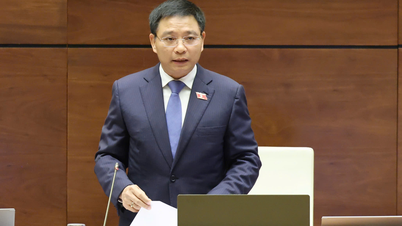










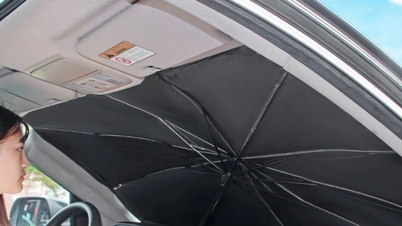

























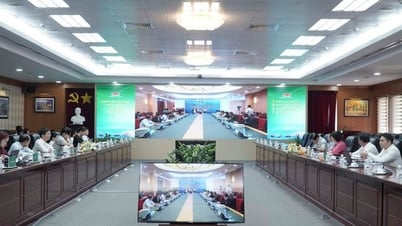


















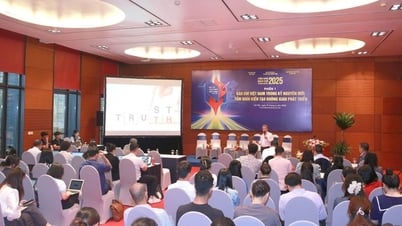
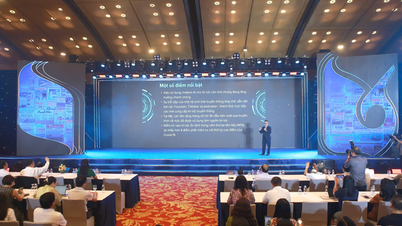














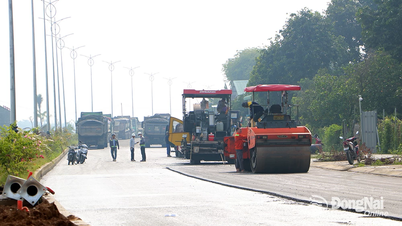















Comment (0)